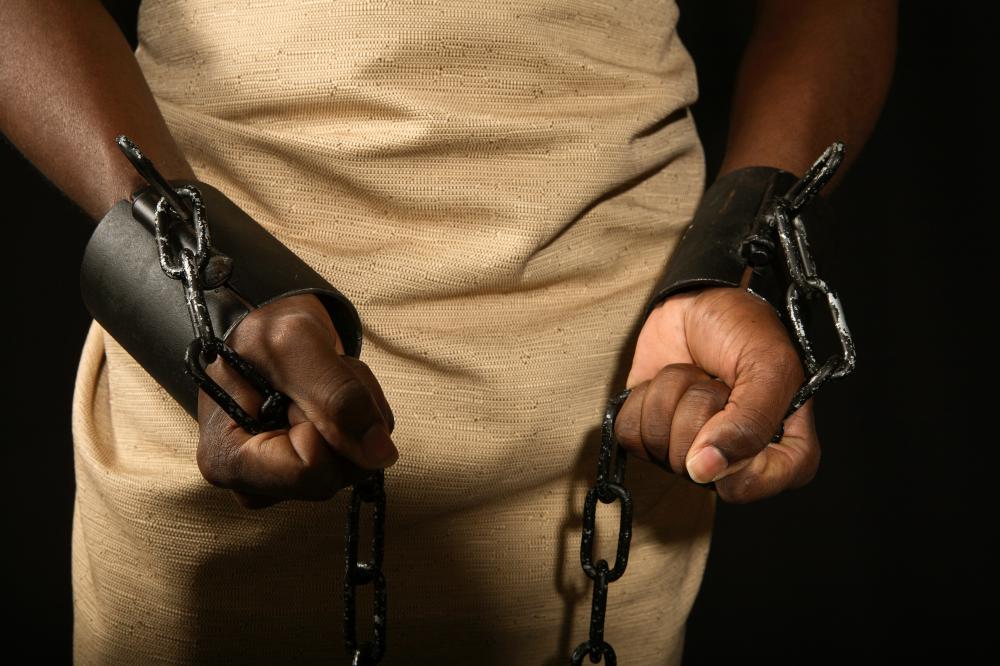At WiseGEEK, we're committed to delivering accurate, trustworthy information. Our expert-authored content is rigorously fact-checked and sourced from credible authorities. Discover how we uphold the highest standards in providing you with reliable knowledge.
What is the Wilmot Proviso?
The Wilmot Proviso was an unapproved piece of legislation introduced to the United States Congress on 8 August 1846. Designed to ban slavery in newly-acquired lands ceded to the US from Mexico during the Mexican War, it was the brainchild of Representative David Wilmot, a Free Soil Party member from Pennsylvania. The Wilmot Proviso was one of the first major fights in the legislative branch regarding the existence of slavery in the country, despite the fact that it was not designed to end the practice in the South. Although it had many supporters in the federal government, it failed to be ratified on numerous occasions. Ultimately, the fact that the legislation did not pass helped create some of the conditions that led to the American Civil War.
Debates in Congress over the extent and limitations of the bill continued for many sessions. Opponents of the action pushed for the expansion of slavery into the territory of Texas and former Mexican lands. This would have helped leverage the South's position and essentially made the country a slave state. Proponents of the measure saw the expansion of slavery as a principal issue that challenged the morality and constitutionality of the nation itself. These individuals wanted all new lands in the country to remain free.

The Wilmot Proviso was first introduced to the House of Representatives as a rider, a piece of legislation attached to another bill. While it passed through the House, it failed in the Senate. It was introduced a second time as legislation of its own on February 1847, where it again failed in the Senate. When the Treaty of Guadalupe Hidalgo, the agreement that ended the Mexican-American War, was proposed, Wilmot and other representatives attempted to add the provisions to the pact. Again, this failed and the legislation was dropped permanently.

Although the Wilmot Proviso failed to be adopted, the debate over slavery was now a national issue. At the federal level, the confrontation between slave states and free states brought much of the government to a standstill. By 1850, the lines between the sides had been drawn and talk of conflict and a possible civil war was rampant. To avoid this, elements of the Wilmot Proviso were merged with Southern legislation to create the Compromise of 1850. According to the agreement, California was a free territory, while New Mexico and Utah had the right to vote on the issue.
AS FEATURED ON:
AS FEATURED ON:












Discuss this Article
Post your comments